WHO declares global emergency over Zika virus spread
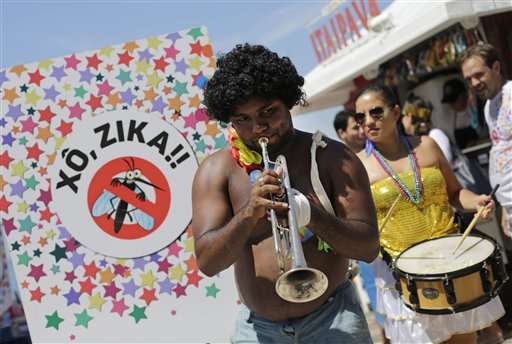
The World Health Organization declared a global emergency over the explosive spread of the Zika virus, which has been linked to birth defects in the Americas, calling it an "extraordinary event" that poses a public health threat to other parts of the world.
The U.N. agency took the rare step despite a lack of definitive evidence proving the mosquito-borne virus is causing a surge in babies born with brain defects and abnormally small heads in Brazil and following a 2013-14 outbreak in French Polynesia.
Monday's emergency meeting of independent experts was called in response to the spike in babies born with microcephaly in Brazil since the virus was first found there last year. Officials in French Polynesia also documented a connection between Zika and neurological complications when the virus was spreading there two years ago, at the same time as dengue fever.
"After a review of the evidence, the committee advised that the clusters of microcephaly and other neurological complications constitute an extraordinary event and public health threat to other parts of the world," WHO Director-General Dr. Margaret Chan said.
WHO, which was widely criticized for its sluggish response to the 2014 Ebola crisis in West Africa, has been eager to show its responsiveness this time. Despite dire warnings that Ebola was out of control in mid-2014, WHO didn't declare an emergency until months later, after nearly 1,000 people had died.
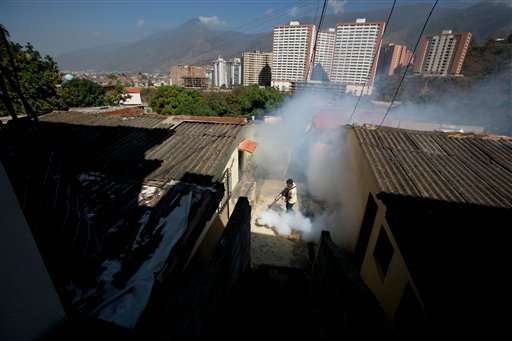
"If indeed, the scientific linkage between Zika and microcephaly is established, can you imagine if we do not do all this work now and wait until the scientific evidence comes out?" Chan said. "Then people will say, 'Why didn't you take action?'"
WHO estimates there could be up to 4 million cases of Zika in the Americas in the next year, but no recommendations were made to restrict travel or trade.
"It is important to understand, there are several measures pregnant women can take," Chan said. "If you can delay travel and it does not affect your other family commitments, it is something to consider."
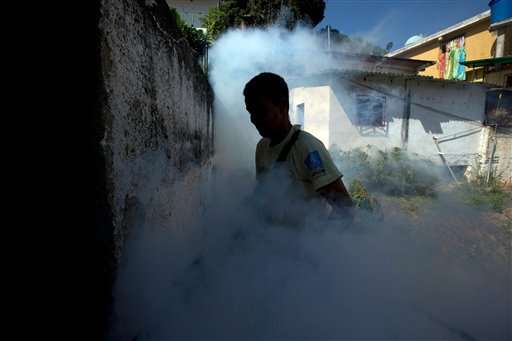
"If they need to travel, they can get advice from their physician and take personal protective measures, like wearing long sleeves and shirts and pants and using mosquito repellent."
The U.S. Centers for Disease Control has advised pregnant women to postpone visits to Brazil and other countries in the region with Zika outbreaks, though officials say it's unlikely the virus could cause widespread problems in the U.S. On Monday, health officials added four more destinations to a list that now includes 28 locations, most of them in Latin America and the Caribbean.
The last time WHO declared a public health emergency was for the devastating Ebola outbreak in West Africa, which killed more than 11,000 people. Similar declarations were made for polio in 2013 and the 2009 swine flu pandemic.
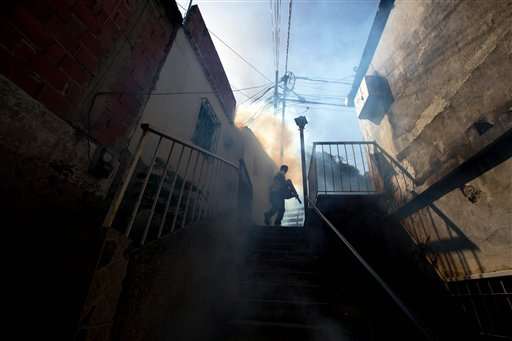
Such emergency declarations are meant as an international SOS signal and usually trigger increased money and efforts to halt the outbreak, as well as prompting research into possible treatments and vaccines. There are currently no licensed treatments or vaccines for Zika.
WHO officials say it could be six to nine months before science proves or disproves any connection between the virus and babies born in Brazil or elsewhere with abnormally small heads.
Zika was first identified in 1947 in Uganda but until last year, it wasn't believed to cause any serious effects; about 80 percent of infected people never experience symptoms. The virus has also been linked to Guillain-Barre syndrome, which causes muscle weakness and nerve problems.
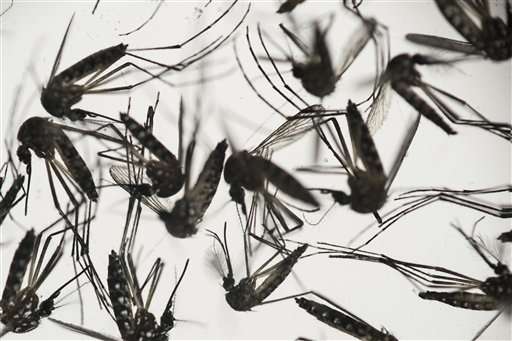
Michael Osterholm, an infectious diseases expert at the University of Minnesota, said it was still unclear how Zika had evolved since it first emerged in Africa, but that even minor genetic changes might have major consequences.
"It could have just been some point mutation (in the virus) that has now made a big difference," Osterholm said, adding it would likely take years to curb the mosquito populations capable of spreading Zika—and before local populations gain enough immunity for the number of cases to fall.
Jimmy Whitworth, an infectious diseases expert at the London School of Hygiene and Tropical Medicine, said we might soon see babies born elsewhere with malformed heads as the virus becomes entrenched in other countries.
"It could be that we're getting the strongest signal in Brazil," he said. "But having these cases occurring and pinning it to Zika is tough."
Whitworth said it was important for WHO to act quickly, despite the lack of definitive evidence that Zika is responsible for the surge in microcephaly cases.
"For situations like this, you have to essentially have a 'no regrets' policy," he said. "Maybe this will be a false alarm when more information is available months later, but it's serious enough on the evidence we have right now that we have to act."
© 2016 The Associated Press. All rights reserved.
















